Suicide rates are rising at an alarming rate in America and the populations most at risk are no longer white middle-aged men, they are increasingly young people and minorities. What societal ills might be fueling this tragic trend?
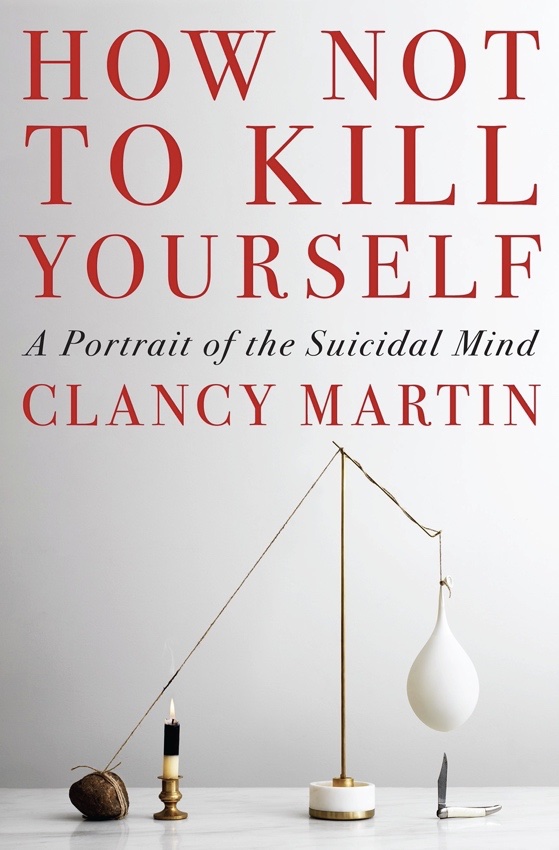
Clancy Martin is a Professor of Philosophy at the University of Missouri in Kansas City. He is also a happily married father of five children. His latest book, How Not to Kill Yourself is a portrait of the suicidal mind – his own – and in it he provides both a personal account of the multiple attempts he had made to end his life but also the positive strategies he has devised to safeguard his future and that of others.
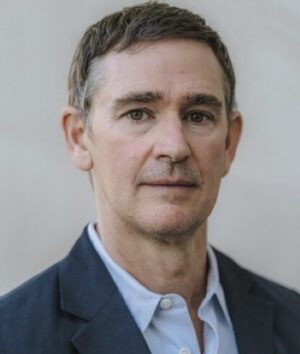
CLANCY MARTIN is the acclaimed author of numerous books on philosophy. A Guggenheim Fellow, his writing has appeared in The New Yorker, The Atlantic, Harper’s, Esquire, The New Republic, and The Paris Review. He is a professor of philosophy at the University of Missouri in Kansas City and Ashoka University in New Delhi.
RORY O’CONNOR is Professor of Health Psychology at the University of Glasgow, Scotland and President of the International Association for Suicide Prevention.
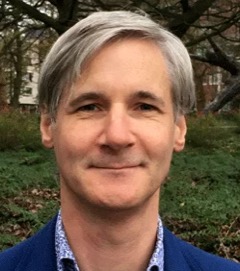
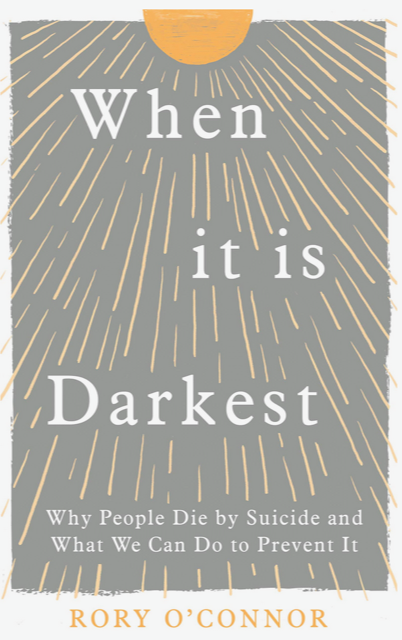
O’Connor leads the Suicidal Behaviour Research Laboratory, one of the leading suicide and self-harm research groups and can be found on twitter (@suicideresearch).
He’s the author of When It Is Darkest: Why People Die by Suicide and What We Can Do To Prevent It.
Recorded 6/14/2023

Support our mission to provide free an open discussions about the pertinent issues and ideas confronting us, in the world today. Express your appreciation for our work – just hit the button below.



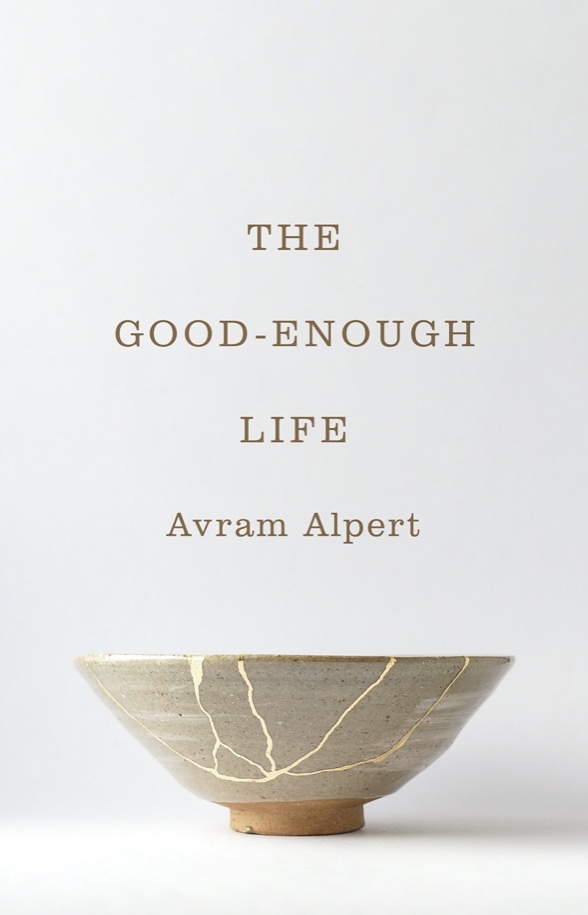
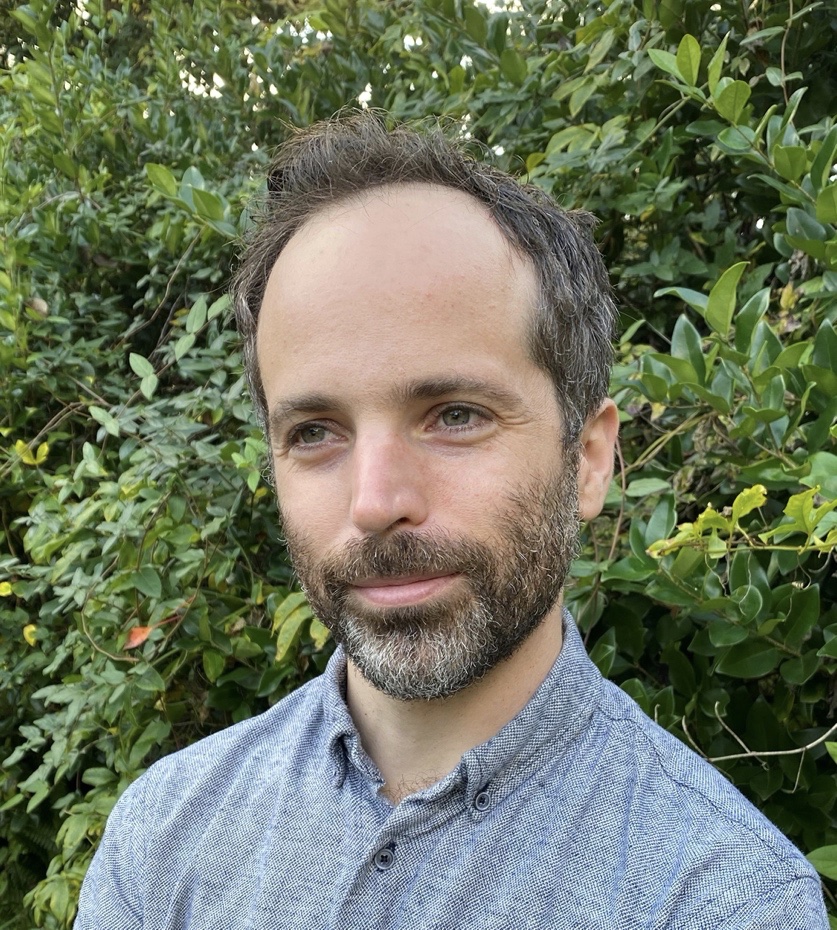
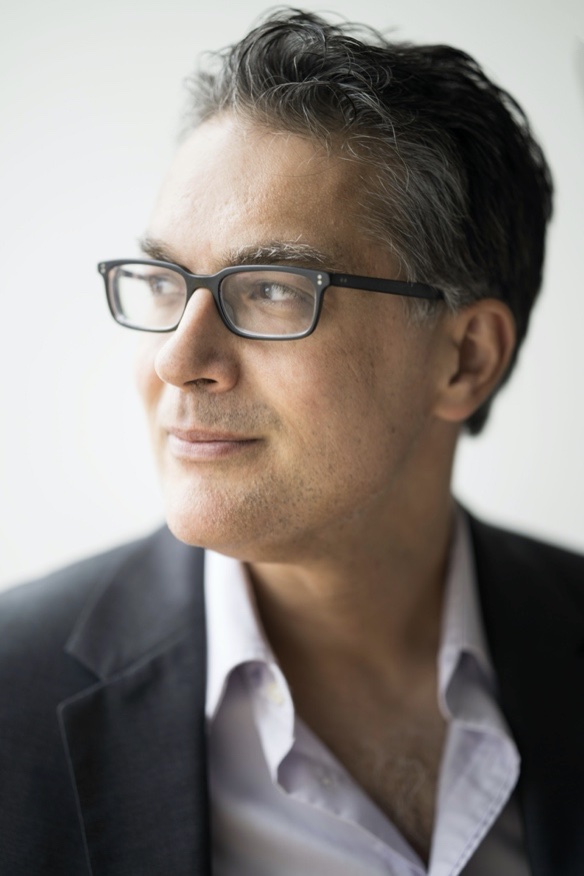
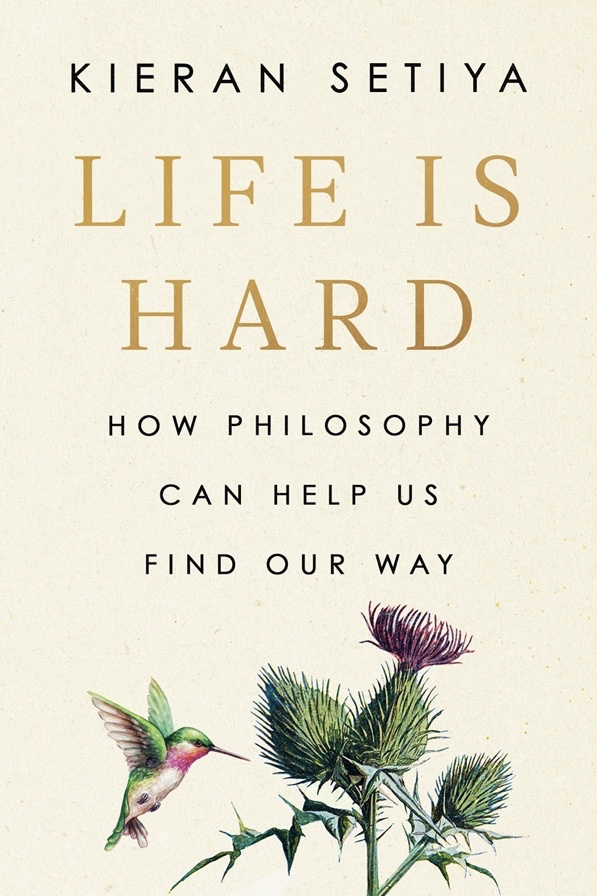

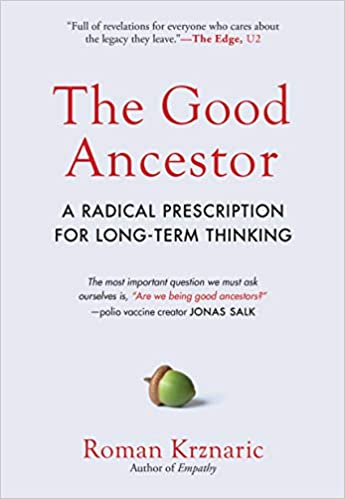

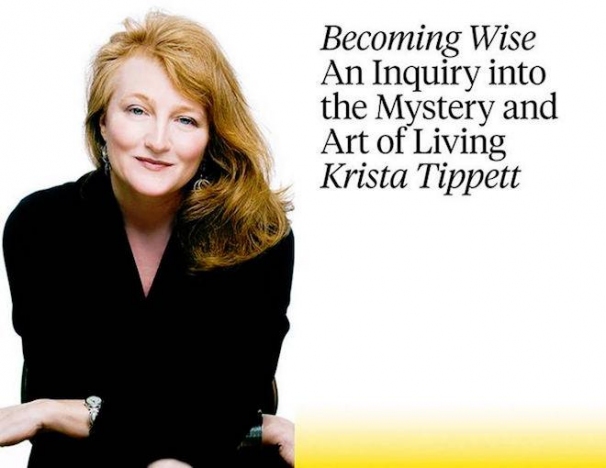 Krista Tippett, host of award-winning NPR program “On Being“, discusses her latest book Becoming Wise: an inquiry into the mystery and art of living. Sh’s joined in conversation by poet and author, David Whyte
Krista Tippett, host of award-winning NPR program “On Being“, discusses her latest book Becoming Wise: an inquiry into the mystery and art of living. Sh’s joined in conversation by poet and author, David Whyte